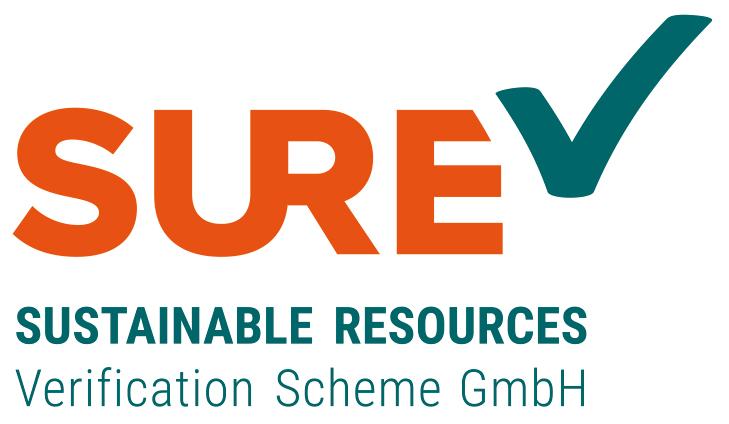Global South Nations Forge New Path in Community-Led Forest Stewardship
In a groundbreaking assembly held in Cabo Verde, delegates from numerous countries across the Global South united to endorse a Joint Declaration centered on community-driven forestry management. Spearheaded by the Food and Agriculture Organization (FAO), this declaration highlights the indispensable role that local populations play in safeguarding forest ecosystems and enhancing biodiversity. Amid escalating concerns over climate change and rampant deforestation, this accord represents a collective pledge to empower communities as pivotal actors in sustainable forestry efforts.
Empowering Local Communities: A Cornerstone for Sustainable Forest Management
The gathering underscored an urgent need to strengthen community governance over forest resources, recognizing indigenous knowledge systems as vital assets for ecological preservation. The Joint Declaration outlines several foundational principles designed to guide participating nations toward more inclusive and effective forestry practices:
- Community Leadership: Promoting stewardship by entrusting local groups with decision-making authority regarding their forests.
- Open Communication: Ensuring transparent dialogue channels among stakeholders at all levels.
- Skill Development: Offering education and tools necessary for sustainable resource management.
- Collaborative Networks: Building partnerships between governments, civil society organizations, and grassroots entities.
A structured framework has been established within the agreement to systematically track progress through monitoring, reporting, and feedback loops that incorporate community insights into adaptive management strategies. Key elements of this framework include:
| Framework Element | Description |
|---|---|
| Ecosystem Monitoring | Periodic evaluation of forest conditions alongside active participation from local stakeholders. |
| Status Reporting | Candid dissemination of findings among all involved parties to maintain accountability. |
| User Feedback Systems | Avenues for communities to voice concerns or suggest improvements ensuring responsive governance. |
Sustainable Development Insights from the Global South-South Exchange Summit
The recent summit served as a catalyst for reinforcing commitments toward equitable resource management rooted in community engagement. Delegates emphasized that empowering local populations not only conserves natural habitats but also fosters economic resilience through sustainable livelihoods aligned with cultural traditions. This approach aligns closely with global sustainability targets such as those outlined in the United Nations’ Sustainable Development Goals (SDGs).
The exchange highlighted several strategic priorities essential for advancing these objectives:
- Cultivating Local Expertise: Enhancing capacities so communities can effectively oversee their natural assets amid environmental challenges.
- Diverse Stakeholder Involvement: Encouraging inclusive participation spanning governmental bodies, NGOs, private sector actors, and indigenous groups alike.
- Sustainable Land Use Practices : strong > Implementing methods that reduce deforestation rates while boosting carbon capture — critical given recent data showing tropical forests absorb approximately 30% of global CO₂ emissions annually.[1] li >
- < strong >Technology Sharing : strong > Facilitating access to innovative tools such as remote sensing drones or mobile apps tailored for real-time forest monitoring.< / li >
Tactical Recommendations To Bolster Collaborative Forestry Efforts
To maximize impact on-the-ground , experts advocate adopting targeted measures fostering cooperation , transparency , and innovation . Central recommendations include : p >
- < strong >Capacity Enhancement : strong > Delivering comprehensive training programs equipping locals with modern techniques alongside traditional wisdom . li >
- < strong >Inclusive Governance : strong > Guaranteeing representation of marginalized voices during policy development phases . li >
- < strong >Cross-Sector Synergies : strong > Leveraging strengths across public institutions , NGOs , academia , & private enterprises . li >
- < strong >Robust Evaluation Systems : strong > Instituting clear metrics & regular assessments measuring social & environmental outcomes . li >
ul >This collaborative spirit extends into communication infrastructures designed to facilitate ongoing knowledge exchange:
p >< tr >< th scope="col" style="width:40%">Focus Area< / th >< th scope="col" style="width:60%">Strategic Action< / th > tr > < tr >< td data-align="left">Digital Innovation< / td >< td data-align="left">Deploy online platforms enabling resource sharing & virtual training sessions.< / td > tr >
< td data-align="left">Financial Support Mechanisms< / td >< td data-align="left">Identify diverse funding streams including international grants & impact investments dedicated to grassroots projects.< / td > tr > < td data-align ="left">Policy Advocacy Initiatives< / td />< td data-align ="left">Coordinate multi-country campaigns promoting legislation favorable towards community forestry rights.< / td > tr > tbody > table > A Forward-Looking Perspective on Community-Based Forestry Successes
h2 >The endorsement of this Joint Declaration marks an important milestone signaling renewed dedication towards harmonizing ecological conservation with socio-economic advancement throughout Global South regions. By centering indigenous peoples’ rights alongside scientific innovation, these efforts promise enhanced food security while preserving invaluable biodiversity hotspots facing increasing threats worldwide — such as Madagascar’s eastern rainforests or Brazil’s Amazon basin where deforestation rates remain alarmingly high despite recent declines.[2]
This initiative exemplifies how multilateral cooperation can foster resilient ecosystems capable of adapting amidst climate uncertainties while uplifting vulnerable communities dependent on forests’ health. As implementation unfolds over coming years backed by FAO facilitation and international support networks,the hope is these models will inspire replication globally—demonstrating how empowered stewardship leads not only to greener landscapes but also stronger societies prepared for future environmental challenges.

